Maintaining a flawless skin is the reason behind most skin care routines. It’s the reason why you slather some moisturizer on your skin every morning and apply SPF when it is sunny. Similarly you exfoliate every once in a while, either in a spa or if you’re into DIYs, at home.
Sloughing off dead skin has many benefits including giving you a softer and even skin tone. There are many ways of exfoliating, with each promising to work wonders on your looks. The danger is, if overdone, exfoliation can damage your skin in several ways. So the question is; are you over-exfoliating? Read on to find out more on the dangers of over-exfoliation, and how you can evade them by doing it right.
What is Exfoliation?
In cosmetology, exfoliation is defined as removal of the outermost and oldest skin cells. This is achieved either by mechanical means, where abrasive tools are used, or chemical means, where liquid exfoliants eat away at the dead skin.
The practice is not a modern invention but a skincare routine passed on from ancient societies- that’s right, beauty queens and beauty routines have always been there since time in memorial. The practice has been linked to Ancient Egyptians and Asians who used stones to buff the skin. By the Middle Ages, chemical exfoliators such as wine were already in use.
Why Should You Exfoliate?
This is a common question among many people, considering that your body sheds dead skin on its own. Natural exfoliation is known as desquamation, a Latin term which means “shedding scales off the skin”. This is a daily process of skin renewal responsible for faster healing of wounds and blemishes.
Natural exfoliation is however a slow process. Also, skin shed at different rates from one person to the other. Natural exfoliation slows down with age, giving rise to dry and dull skin. To aid the skin in self-repair, exfoliation strips away flaky skin tissue at a much faster rate than the natural process.
Old age aside, your skin is the largest and most exposed organ in the body. It is bombarded with harmful UV rays and air pollutants that only hasten natural skin aging. It’s with this in mind that exfoliation is recommended.
Not only does sloughing off dead skin give you a natural glow, but it also helps your skin to regenerate faster- fighting off pollutants and signs of aging more effectively.
Signs that You are Over-Exfoliating
Now that you have a good idea of just how exfoliation benefits your skin, could you be overdoing it?
Like many beauty regimens, exfoliation is prone to abuse. The thinking behind this is that by vigorously buffing your skin, the benefits can be multiplied. This is however not the case, before we get to the dangers though, let’s look at sign that indicate an over-exfoliated skin.
1) Your Skin Has A Tight Wax-like Texture
While most signs are easily identifiable, a tight wax-like skin texture isn’t. To most people the appearance can be mistaken to that of a healthy glowing skin. See; exfoliation removes loose skin cells and wipes away natural oils. This exposes the underlying skin which gives of a radiant shine.
If the procedure is overdone, the skin becomes overexposed. The delicate inner layers will appear shiny but in reality your skin will be very dry and tight – the perfect recipe for cracks to develop. This artificial and plastic-looking skin also comes off as unnatural with light bouncing off it like waxed floor.
2) Your Skin is Dry and Flaky
If yours is a dry skin, then you are aware of how rough, itchy and flaky skin can be. Among the many benefits of exfoliation is to remove flaky debris and allow better penetration of skin care products. With over-exfoliation, the skin becomes more dry, flaky and extra sensitive.
In particular, chemical over-exfoliation is known to interfere with the skin’s water barrier. The skin becomes ineffective in retaining moisture, making it even drier. Same goes for any moisture that you may apply from products such as moisturizers and hydrating creams.
3) Your Skin is Oilier Than Usual
While exfoliation can dry the skin and make it overly tight, it also has the ability to induce excess oil production. This is an internal mechanism meant to protect the skin from excess water loss. As such, the sebaceous glands overcompensate by releasing more oil onto the skin surface. This replenishes and strengthens the skin’s water barrier.
4) You Notice An Increase in Wrinkles
A common tell-tale sign of over-exfoliation is the development and increase in wrinkles. This manifests due to the drying out of the skin after wiping out natural oils. The condition is mostly seen in people with dry skin. Fine lines also become more pronounced. The sudden drying is also responsible for significant increase in expression lines.
5) You Experience More Redness, Irritation and Itchiness
These signs manifest immediately you over-exfoliate. Due to drying out and exposure of delicate skin, your skin becomes irritated. This is accompanied by a burning sensation and redness. Your skin becomes sensitive to touch and suddenly itchy. If you give in to the itch, you may actually end up drawing blood.
Granted, an itchy and red skin is to be expected after normal exfoliation and slapping on some moisturiser or hydrating lotion soothes the skin and the discomfort dies out almost immediately. With over-exfoliation though, the discomfort is persistent and can last up to several hours or days.
6) Your Skin is More Sensitive
Vigorous scrubbing can also make your skin more sensitive to some products in your regimen. This is a result of exposure of raw and delicate skin. Ingredients in some products will create a burning sensation especially on areas where the skin is thin. This is to be expected around the eyes, cheekbones and the skin around the lips.
7) You Experience More Acne Issues
Over-exfoliation can lead to serious health issues that go beyond one-off signs. These are side effects that can persist, exposing your skin and body to other illnesses. One of the dangers of over-exfoliation is acne development.
Over-exfoliation can be the reason acne forms, or why acne persists. When done right, moderate exfoliation can get rid of pimples: By removing the debris that clogs pores, skin oil reaches the surface- thus oil and debris doesn’t get trapped causing acne. However, going overboard with exfoliation will make your acne prone.
When weakened, the skin’s defence against bacteria and other infections is impaired. This allows pimples to form and spread easily. Additionally, over-exfoliating acne ridden skin can spread the infection to otherwise healthy areas.
How To Deal with Over-Exfoliated Skin
If your skin exhibits any of the above signs or you feel that you have been too generous with exfoliators, then you could be facing over-exfoliation. Here are some pointers on how to regain your natural and youthful glow.
1) Take a Break and Change your Routine
This is the first step to healing your skin. By taking a break from exfoliation, you will be giving time for your skin to ‘breathe’ and allowing natural healing processes to take over.
Since your exfoliators are clearly doing more harm than good, it makes sense that you change your products or routine. Switching to gentler formulas will go a long way in re-accustoming your skin to exfoliation.
For example, if you were using coarse scrubs, switch to finer scrubs. With chemical exfoliators, switch to brands with less potent exfoliators. Apart from changing products, reduce the frequency of your routine.
Expert Tip: If your skin is severely affected, discontinue exfoliation completely. Instead use gentle moisturizers and cleansers to keep your skin well hydrated and clean.
2) Soothe Over-Exfoliated Skin
Start by soothing the affected skin. This should reduce the burning sensation and irritation. Using a clean cloth dipped in cool water, apply gentle compresses over the skin. Hold the cloth on your skin until the irritation die down. As a caution, do not rub using the cloth since that can worsen the irritation.
Expert Tip: You can also soothe the skin by applying aloe gel. To make the treatment even more effective, cool it in a refrigerator and again, do not rub but rather dab it gently with your fingers. Aloe vera gel has the added advantage of being a natural moisturizer and an effective remedy for the reduction of wrinkles.
3) Take Anti-Inflammatory Medication
With severe inflammation, there is medication to help treat the skin. It is advisable that you only use non-steroidal anti-inflammatories. This is a medication that inhibits the enzymatic actions behind inflammation and blood clotting- without the risk of addiction seen with oral steroidal medication. Suitable over-the-counter anti-inflammation medications include;
- Aspirin
- Ibuprofen
4) Use Topical Creams to Treat Your Skin
There are numerous creams that promise to soothe as well as treat over-exfoliated skin. The trick to getting the best product lies in examining the ingredient list. Before purchase, be on the lookout for creams with retinoids and fragrances as such formulations will irritate your skin and exfoliate it further.
Creams formulated with hydrocortisone (the hormone cortisol in medication form) will help your skin fight against inflammations. The ingredient is also known to rid off bacteria by creating a protective barrier on the skin. Go for creams with 1% hydrocortisone, a mild concentration, and always use it on top of a moisturizer.
Other ingredients which are efficacious in healing over-exfoliated skin include vitamin C and vitamin E. Oils formulated from these vitamins will soothe, hydrate and boost your skin’s repair.
5) Keep Off the Sun
One of the underlying reasons why over-exfoliated skin hurts is because of over exposure of delicate skin. Now, add the harmful actions of direct sunlight and you can see why staying in the shade can be beneficial. In instances where avoiding sunlight is not possible, then wear sunscreen or sunblock.
Expert Tip: Go for products with a good SPF rating, preferably SPF 30. Do not be fooled into buying sunscreen with high SPF such as 45 and above. The way SPF rating works; 45 will block around 98% of UV rays while 30 blocks around 97% of the rays.
That said, sunscreen has to be reapplied every few hours for your skin to get the full benefits, especially in hot weather.
Tips to Exfoliate Skin Properly
If you are new to exfoliation or your skin has just recovered from over-exfoliation, do not give up- with the right steps you can enjoy the practice and the benefits. Spas are a good place to get your skin buffed. As professionals, cosmeticians know the right steps and the care that your skin needs.
On the other hand, if you are more hands-on and prefer DIY procedures a guiding hand into the right direction can keep you from over- exfoliating. Here are some tips;
- If yours is dry skin, avoid mechanical exfoliators. Tools such as microdermabrasion machines will only dry out the skin and probably injure it in the process. Instead opt for home remedy scrubs made from fine particles or scrubbing creams made of microbeads.
- For chemical exfoliation always seek the services of qualified medical practitioners. Not only do the constituent chemicals have to be mixed carefully but also having an experienced practitioner can be useful in case the procedure goes wrong.
- If you suffer from acne and other skin breakouts, stick to chemical exfoliates. The enzymes and acids in such exfoliates loosen and dissolve dead skin, making it easier to wipe off the debris at minimal discomfort.
- When you decide to exfoliate, reduce the number of procedures and routines in your regimen. For example, shaving, exfoliation, waxing and application of potent skin lighteners- all at the same time- can damage your skin.
- If your skin is extra sensitive or you have open cuts and wounds, do not exfoliate. Scrubbing off soft, raw and delicate inner layers of the skin will only lead to infections.
- Never forget to moisturize. If you are exfoliating and even on the days that you skip the procedure, always moisturize. As we noted earlier, exfoliation makes the skin dry, something that you need to minimize.
How Often Should You Exfoliate?
The frequency of exfoliation is a not a one-size-fits-all kind of situation. The best way is to come up with your own routine through trial and error. Having said that, depending on your skin type here are some guidelines;
- For dry skin- exfoliate only once a week
- For oily skin- exfoliate at least twice every week
- For dull, flaky and aged skin- you can use mild chemical exfoliators daily
Too much of a good thing can be dangerous and the same goes for exfoliation. While the exfoliating gives your skin a healthy lustre and soft texture, overdoing it can dry out, crack and expose your skin to infections. To avoid this damaging effects, have the procedure carried by professionals and if not, then develop a regimen that works for you skin type. Above is all the information that you need to guide you

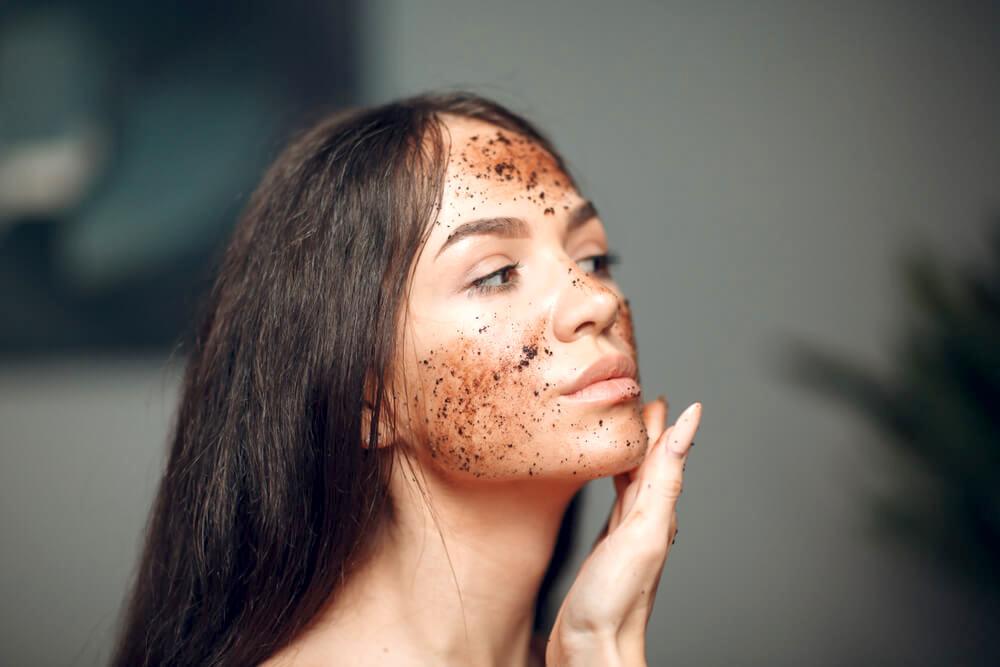
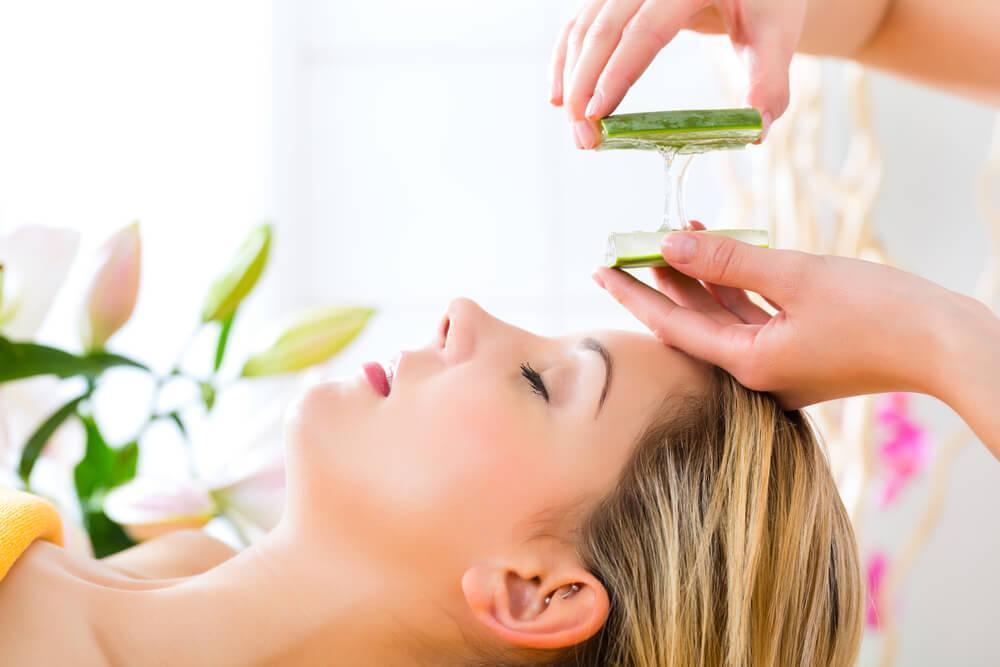
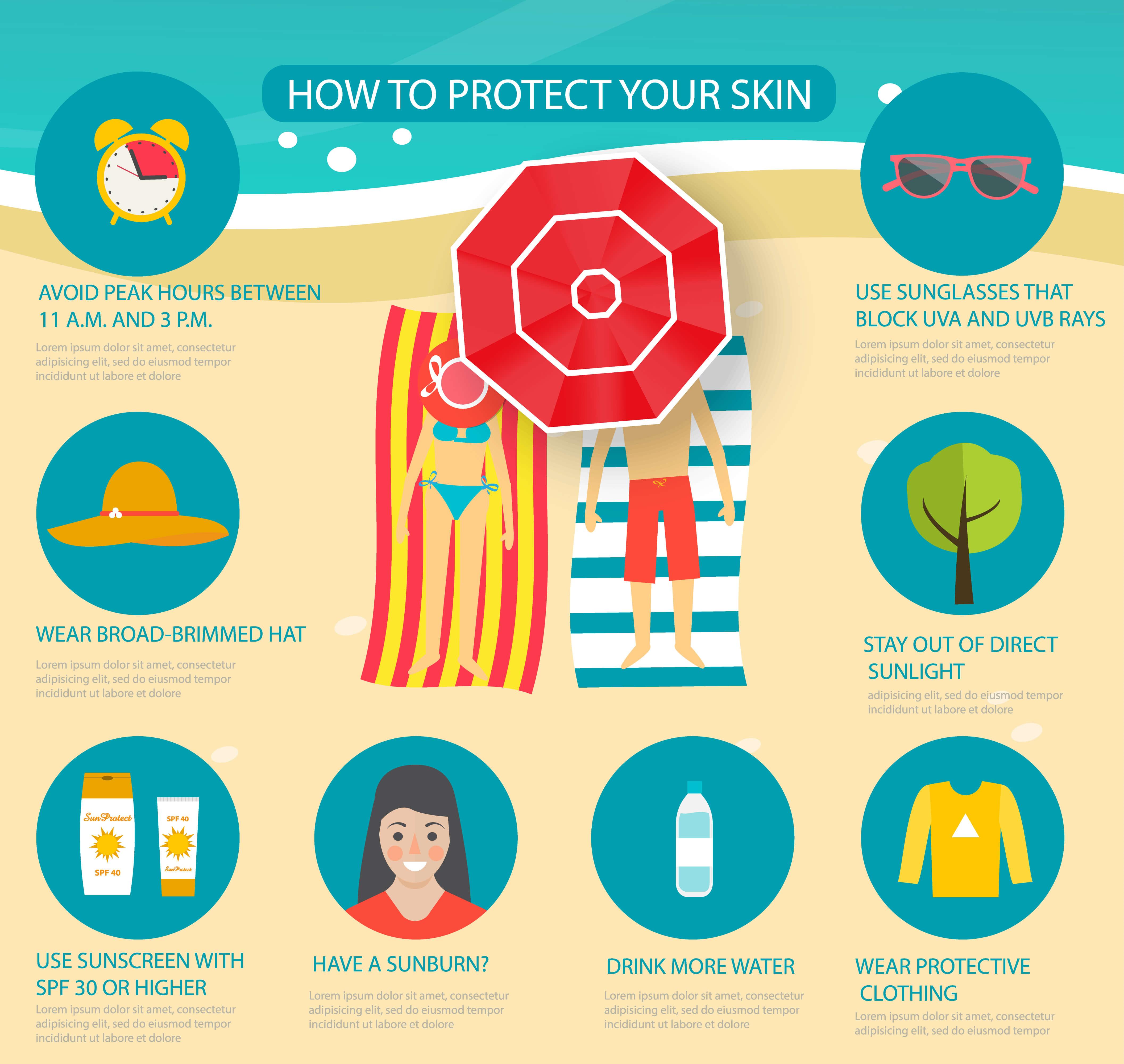
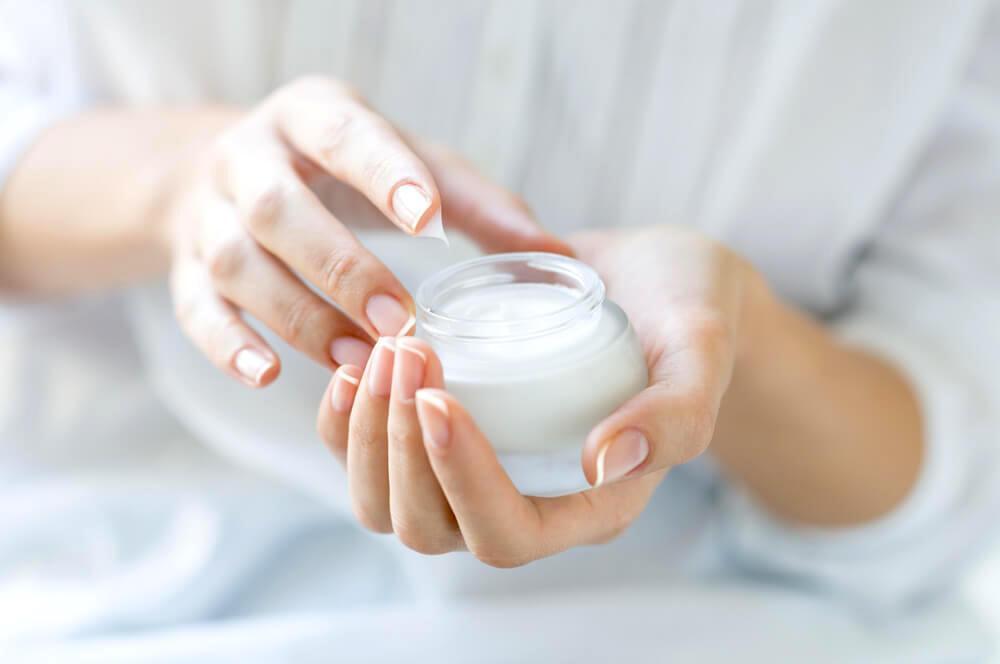
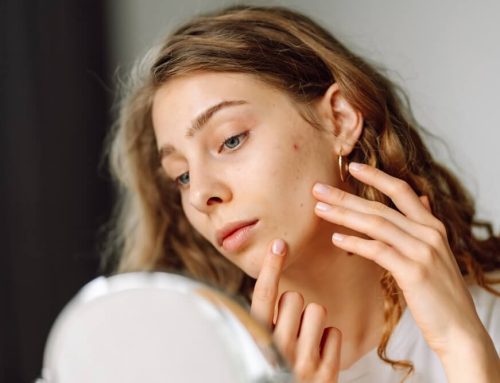
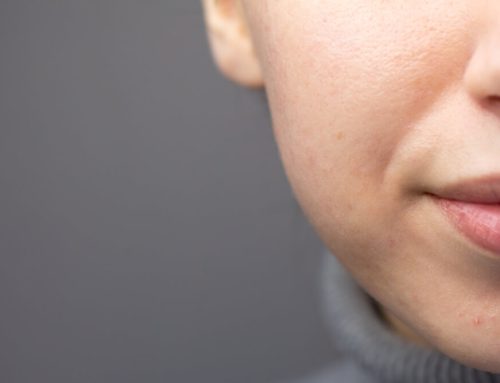

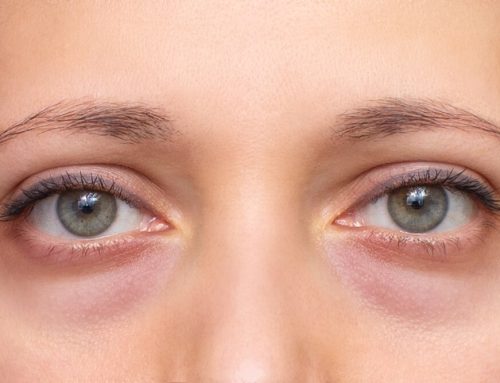
Leave A Comment